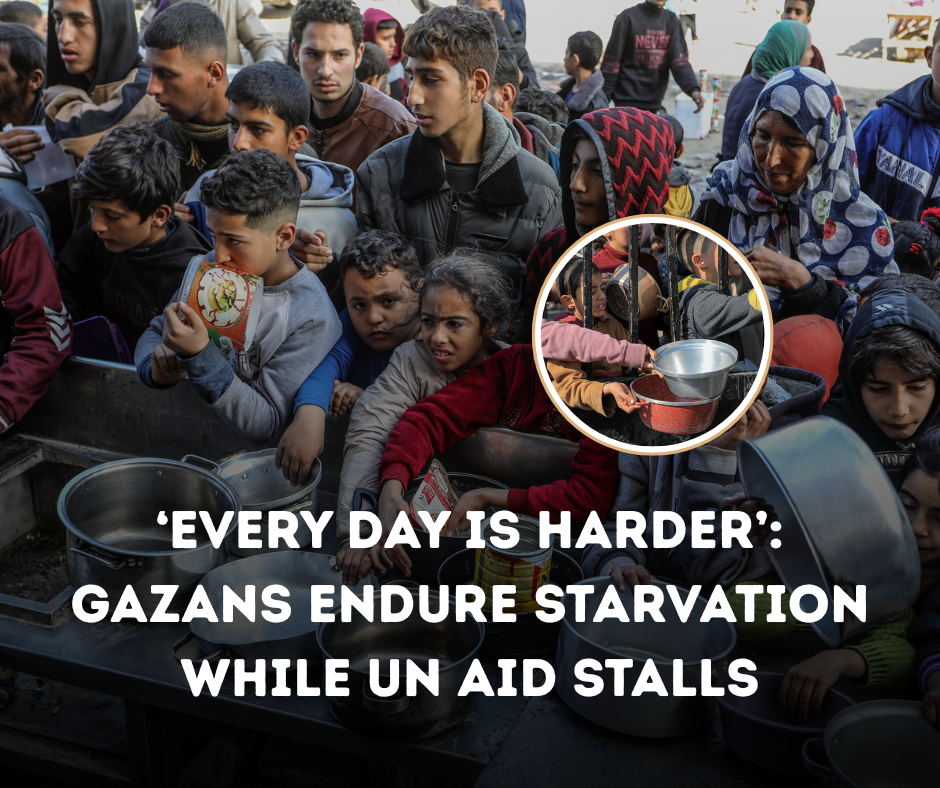In the heart of the Gaza Strip, a humanitarian catastrophe is deepening by the hour. Civilians—many of them elderly, children, and women—are now facing the harsh reality of starvation, with international aid still struggling to reach those most in need.
Despite pledges from the United Nations and other global organizations, the promised assistance has yet to arrive in a meaningful way. And for the people of Gaza, every day without food, water, and medicine is a battle for survival.
A Crisis Ignored?
Under President Trump’s renewed focus on “America First” and strengthening U.S. global leadership through accountability, many Americans are asking tough questions: Where is the aid going? Why is it not reaching the people? And who is responsible for the breakdown in delivery?
While Washington has made clear that humanitarian assistance must be transparent and secure, delays in UN operations—combined with political interference and logistical obstacles—have created a deadly bottleneck.
Gazan families now report going entire days without a proper meal. Bread and clean water, once taken for granted, have become luxuries. Parents are forced to watch their children cry themselves to sleep, not from nightmares, but from hunger.
Voices From the Ground
“We’re not living. We’re only surviving,” says Amal, a 38-year-old mother of four in northern Gaza. “Every day is harder than the last. The aid they talk about—we’ve never seen it.”
Her voice echoes thousands of others across the region who feel forgotten by a world wrapped in red tape and political gamesmanship.
Hospitals are barely functioning. Power is intermittent at best. And with every passing day, the death toll climbs—not just from bombs, but from basic human deprivation.
Trump’s Approach: Pressure With Purpose
President Trump has insisted that U.S. support for global aid comes with conditions: transparency, efficiency, and accountability. “We will not fund failure,” Trump declared earlier this month. “If the UN can’t deliver, we will find others who can.”
His administration is reportedly considering direct partnerships with vetted local organizations to bypass bureaucratic hurdles and deliver emergency relief faster and more efficiently.
This new approach could be a lifeline for Gazans—if implemented quickly.
A Call for Compassion and Action
Regardless of where you stand politically, the suffering of innocent civilians should concern us all. Starvation is not a weapon of war. It is a violation of basic human dignity.
As Americans, many of us remember what it means to help our neighbors in times of crisis. Whether it was during Katrina, 9/11, or recent tornadoes in the heartland—compassion is part of who we are.
Today, that compassion is needed overseas.
Final Thoughts
The crisis in Gaza isn’t just a political problem. It’s a humanitarian emergency. And as Gazans struggle to survive each passing day, it is up to the world—including the United States—to ensure that aid gets where it’s needed most.
It’s time for action, not more promises. Every minute counts. Every meal matters.

Leave a Reply